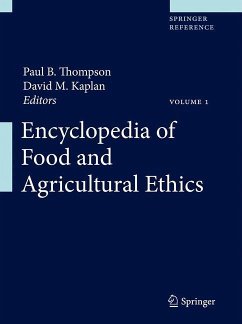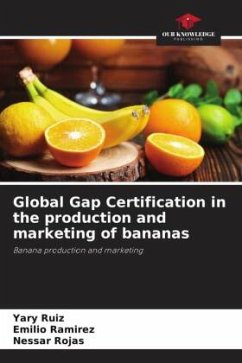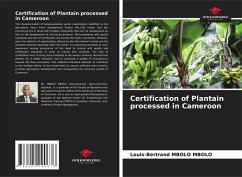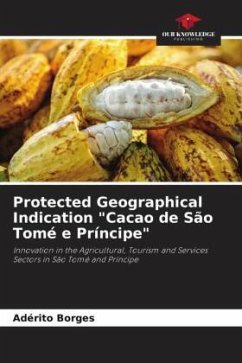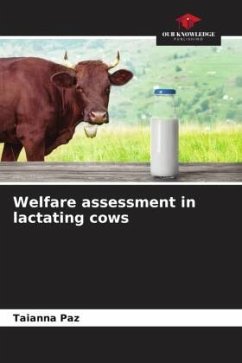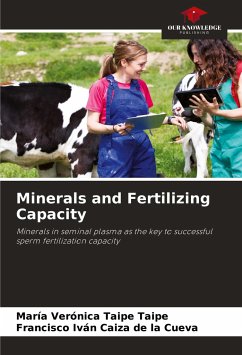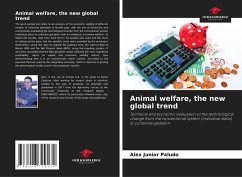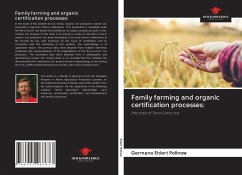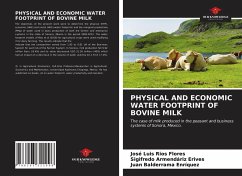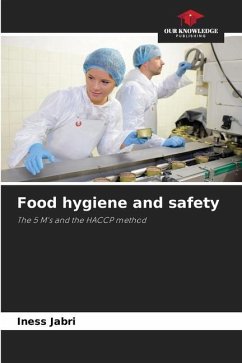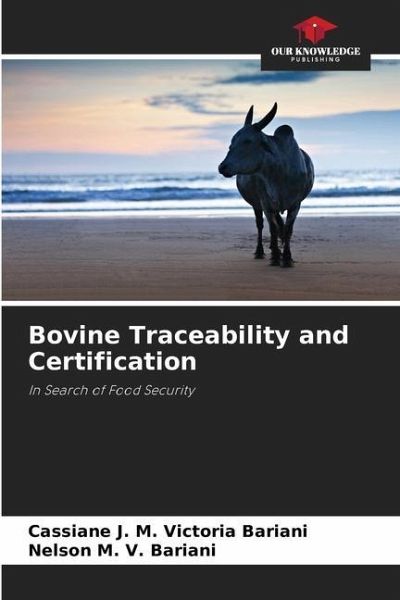
Bovine Traceability and Certification
In Search of Food Security
Versandkostenfrei!
Versandfertig in 6-10 Tagen
27,99 €
inkl. MwSt.

PAYBACK Punkte
14 °P sammeln!
The global consumer trend is towards food safety: knowing the history of the food, its origin and production system. Brazil, with the largest commercial cattle herd in the world, is a natural candidate to meet the demands of demanding markets such as the European Community. The Brazilian Bovine and Bubaline Traceability and Certification System (SISBOV), launched in 2002, is the answer to the challenge of conquering these markets. This book analyses the system and the process of applying the system, which requires the regularisation of compulsory records that are not always up to date on farms...
The global consumer trend is towards food safety: knowing the history of the food, its origin and production system. Brazil, with the largest commercial cattle herd in the world, is a natural candidate to meet the demands of demanding markets such as the European Community. The Brazilian Bovine and Bubaline Traceability and Certification System (SISBOV), launched in 2002, is the answer to the challenge of conquering these markets. This book analyses the system and the process of applying the system, which requires the regularisation of compulsory records that are not always up to date on farms. The Brazilian system began with requirements "imported" from Europe, but it has been reformulated to meet the real possibilities of producers who demand flexibility and simplicity. The current state of the certification process, difficulties, trends and prospects are analysed, and point to a current scenario in which the system is applied by large exporters, and a future scenario in which the training of small and medium-sized producers allows for greater expansion.



